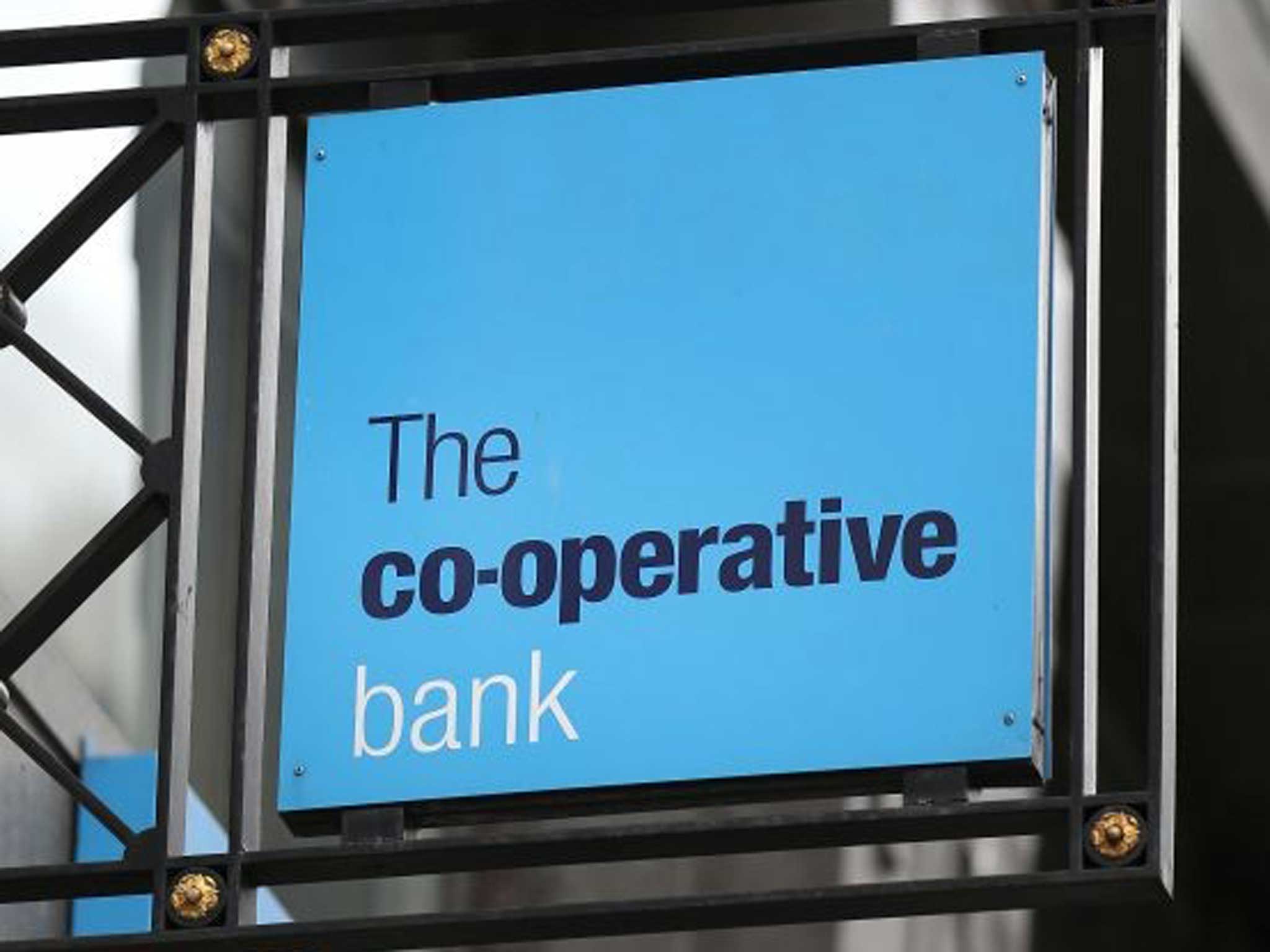Lord Myners quits the Co-op: It's not who owns a company that matters – but how it's run
We are unlikely to create a new Co-op or set of mutuals, but the spirit they embody should be saved


There is a bigger question than the future of the Co-op Bank; bigger even than the future of the co-operative movement. Is it how to foster a variety of different forms of corporate ownership – mutuals, building societies, co-ops, employee-owned enterprises, partnerships and so on – rather than make a bet on a single legal structure, the private or public limited company.
A generation or more ago, we had such a variety. The most innovative life assurance companies were mutually owned. Building societies had financed the boom in home ownership. Trustee savings banks had promoted the idea of saving. As my colleague Archie Bland notes today, in the 1950s, the co-op movement had a large chunk of the UK food market. Now, most of the mutual life assurance companies have been taken over – and one, Equitable Life, collapsed in spectacular fashion. Every single building society that converted to PLC status has been taken over by banks. The TSB survives as only a brand, and when it is floated off in the next few months, it will be a PLC. And in retailing, co-ops have just 5 per cent of food sales. The banner flies high at the Nationwide and at John Lewis, but that is just about it.
Now you might say that this is the Darwinian outcome of the world of commerce. These forms of ownership have failed to adapt, and proved inferior to the PLC. Rather the same argument can be applied to nationalised industries, another form of ownership that did not work very well. The quality of leadership of mutuals and co-ops has been no better than those of their competitors and, arguably, has too often been worse. As Lord Myners, who quit the Co-operative Group's board last week, observed in his interim report, he was "deeply troubled by the disdain and lack of respect for the executive team". So it seems in this instance some leading figures in the movement were not only incompetent; they were not very decent either.
Lord Myners is both decent and robust, so we can trust his judgement on this. I suspect that the co-op movement as a whole will continue its gradual decline, and it is a fine irony that the main rescuers of its bank should be New York hedge funds – enterprises that stand at the opposite end of the corporate spectrum. But I don't think we should give up on mutual ownership, because we need different forms of corporate structure as a spur for better stewardship at every level.
Consider this: one of the shining stars in recent British manufacturing has been Tata's transformation of the Jaguar Land Rover group. It has succeeded where two competent and much more experienced global automotive companies, Ford and BMW, failed. I suspect that it has something to do with the long commitment that Tata has been able to bring, a commitment consistent with its own company structure as a family business, with some two-thirds of its shares owned by a philanthropic trust.
Look around the world at the great innovative businesses, and the striking thing is the variety of different forms both of corporate history and of current ownership structure. Frequently, they are the creation of a single, driven individual (Apple); sometimes they are spin-outs from another larger enterprise (Vodafone); or a co-operative turned into a quoted company (Wesfarmers in Australia); and sometimes a state-owned enterprise is transferred to mixed ownership (the state of Lower Saxony still owns 13 per cent of Volkswagen).
It is true that the tendency among larger enterprises has been to shift towards shareholder ownership. That is happening everywhere in the world, including China. But some countries have been better than others at fostering family companies. Much of the Mittelstand, that great engine of German manufacturing industry, is still family-controlled. But these companies have a high degree of co-operation between employees and management.
Maybe there's a lesson for us here: being realistic, we are not going to create many new mutuals or co-ops. I think that the near-destruction of the building society movement in the 1990s was a disaster, though I have to acknowledge that it was the takeover of a building society that had got itself into a mess, the Britannia, that brought the Co-op Bank down. But I do think that the co-operative spirit of the building societies, or indeed of the Mittelstand, is something we have to find ways of supporting. Housing associations are another important model, and so are small-scale enterprises backed by local authorities.
The big lesson from this sorry story, surely, is that there is no particular form of ownership that is optimal, and what matters is quality of management, not ultimate ownership. But it is impossible for management to function if it is treated with disdain.
Join our commenting forum
Join thought-provoking conversations, follow other Independent readers and see their replies
Comments